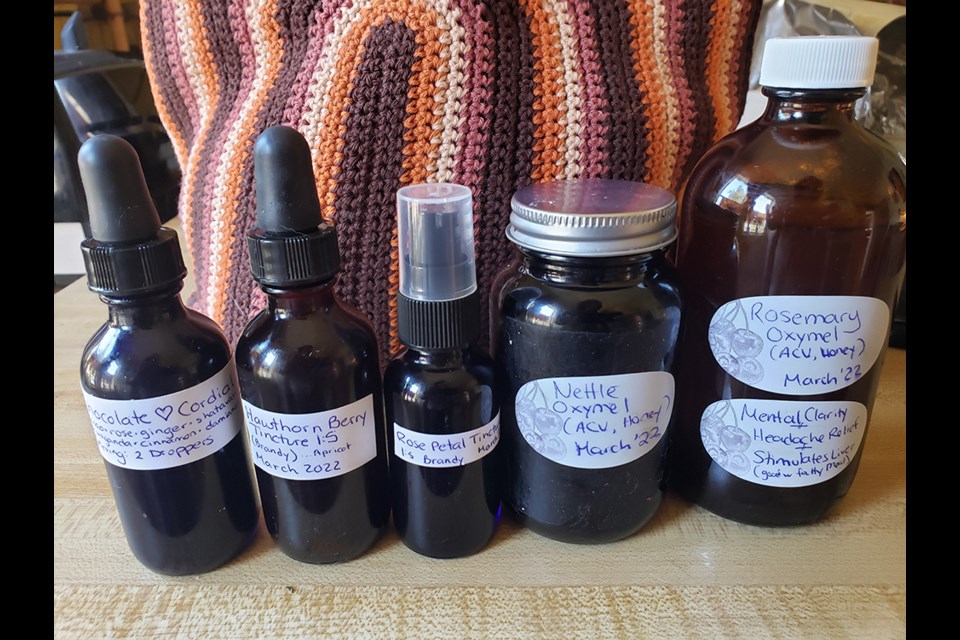The flurry of summer activities can leave trips to the store more sporadic. When it comes to skin ailments, you only need to step into your garden to find the packaging-free cure for what ails you.
This is the time of year that pollinators abound and some might be of the stinging variety. In the cracks along your sidewalk you can often find a great anti-itch remedy. Plantain is found in abundance once you have the eyes to see it. In a pinch you can mash up a few leaves with your teeth and place it directly on an insect bite to help draw out the itch factor.
Folks seem to have a love-hate relationship with the ubiquitous dandelion. Fighting it off a lawn takes a lot of energy and herbicides that upset nature’s balance. Beyond being great additions to a backyard compost bin or adding the unsprayed leaves to a garden salad, dandelion sap has been used for centuries to address warts and lighten age spots.
Perhaps surprisingly, mint is more than a refreshing tea. It also holds anti-inflammatory properties that lend themselves to soothing acne flare ups and even scarring. Some herb nerds grind up the leaves, add a little water and lemon and apply the mix to the skin for 15 minutes before rinsing off with cool water.
Comfrey sends its roots down deep, bringing to the surface a host of nutrients otherwise harder to access. Herbalists have long practised applying comfrey externally to a sprain and even to a broken bone that is properly set.
Powerfully capable of knitting the body back together, use of comfrey is generally safe but as with all herbs we should do our research to discover any contraindications of use. While there are comfrey salves, ointments and creams, a simple poultice applied directly to the skin is a good place to begin experiencing this plant’s potency.
Hot weather and salt water can do damage to your locks, but we don’t need to look further than our herb garden for replenishing. Rosemary is in many hair care products for good reason. Shiny hair, dandruff prevention and hair growth are just some of the benefits of applying a rosemary rinse or oil infusion to the scalp.
If you have ever planted lemon balm, you likely have an abundance of it that you might not know how to put to use. Often enjoyed as a calming tea, those suffering with cold sores can also experience relief using this herb. Apply cotton balls soaked in a cooled lemon balm tea for soothing.
To learn more about how to harvest and process nature’s medicine cabinet, connect with local herbalists, naturopaths and ayurvedic practitioners.
Creating basic infusions, extractions, salves and lotions may be easier than you first imagined. When time doesn’t allow you to create these yourself, health stores often have a good selection to choose from along with knowledgeable staff to guide you.
There is a deep satisfaction at being able to manage your family’s basic health issues with low-to-no packaging, locally-sourced, chemical-free plants. How spectacular yet unsurprising that what ails us can often be addressed by plants in our backyard.
Let’s Talk Trash is qathet Regional District’s waste reduction education program. For more information, email [email protected] or go to LetsTalkTrash.ca.



